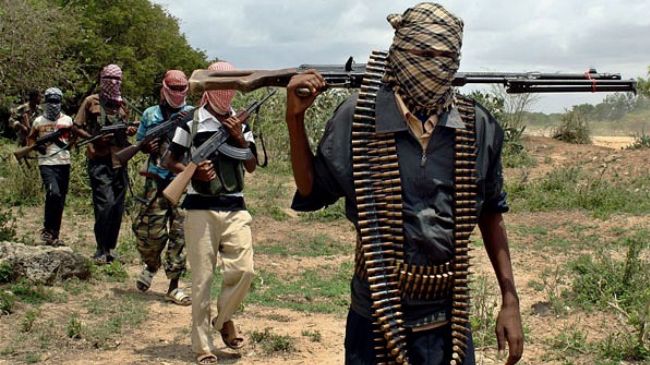By Becci Fobbe
Given the accumulation of reports about exploding vehicles, kidnapping and brutal killings it does not sound too unfamiliar in our ears: attacks, suicide bombings, kidnapping, forced marriage. Boko Haram – which translates into ‘Western education is a sin’ – is one out of many extremist Islamic groups connoted with terrorism. The group is domestic in the North of Nigeria, in Western Africa, where it has been petrifying an entire region with horrific attacks against civilians, government offices and even the United Nations.
What made them stand out from other terrorist groups was the kidnapping of 273 girls this past April. Within a few days, the shocking incident received global attention. The world reacted with the well known #bringbackourgirls campaign and celebrities and important political figures from all over the world participated within the sphere of social media. However, most of the girls are still missing today.
This is because while world media attention has turned to other severe issues on the globe since April, Boko Haram has not ceased to exist. Within the last months Nigeria has set scene for multiple other actions executed by Boko Haram. They continue to terrorize the region, amplifying the horror and gaining more and more influence and territory. They rank within the top four terrorist groups who killed most people within the last 10 years, together with Taliban, IS and Al-Qaida.
Indeed since 2009 the group kept on embracing more determined aims, which range from turning Nigeria into an Islamic state to lengthening their list of targets. Economic inequality, the unsystematic killing of Boko Haram members by state forces, and a stronger connection to other extremist Islamic groups such as AQIM all trigger these actions.
This regained strength and determination is shown clearly in the events of the last months: weekly, and in some regions even daily, bombings. A recent bombing attack on a school killed 48 innocent students, another one at a bus station that took the life of 30 more people. Unfortunately these are only a few examples of the cruel attacks that seemed to have become a part of everyday life in the Northern region of Nigeria.
One of the main conflict scenes between the Nigerian army and Boko Haram is the city of Chibok, which holds about 600.000 inhabitants. It has grown to be of symbolic value since the 273 girls were kidnapped there seven months ago. While Boko Haram captured the city recently, the army is fighting back hard and claimed it was just now able to regain control over the city. Meanwhile, the leader of Boko Haram, Abubakar Shekau, has explained that the kidnapped girls are no longer an issue as he claims to have forced all of them into marriage.
But Boko Haram does not only operate within the borders of Nigeria. The army of the neighboring country Cameroon affirmed that they caught 58 Islamist associated that had crossed the border. This was the outcome of a long-planned strike against the terrorist organization, which also operated in villages outside of Nigeria.
Meanwhile discontent and anger in the country is growing. Entire villages, in fear of attacks, band together and chase members of Boko Haram themselves. These vigilantes signify to many the powerlessness of the state against domestic terrorist groups.
At the moment power is in oscillation between the state of Nigeria and its military and Boko Haram. One is left to hope that future negotiated armistices will be strong enough to bring peace to the torn country.
Becci Fobbe, class of 2016, is a Politics and Law major from Büdingen, Germany.

